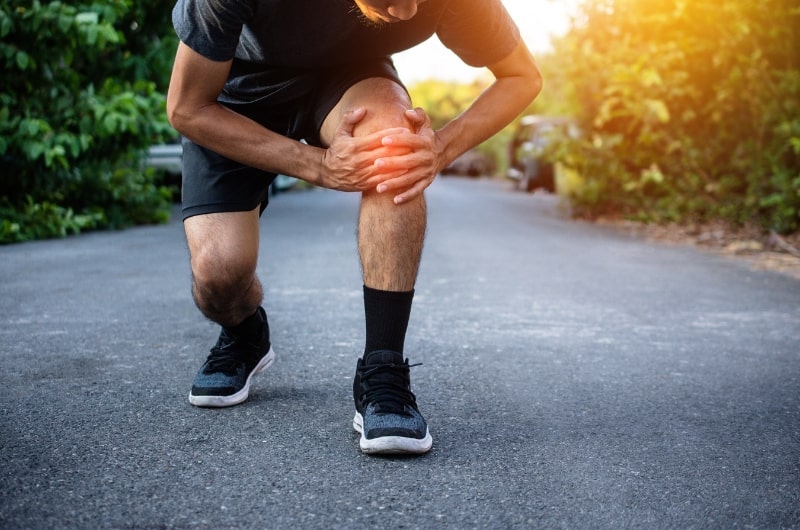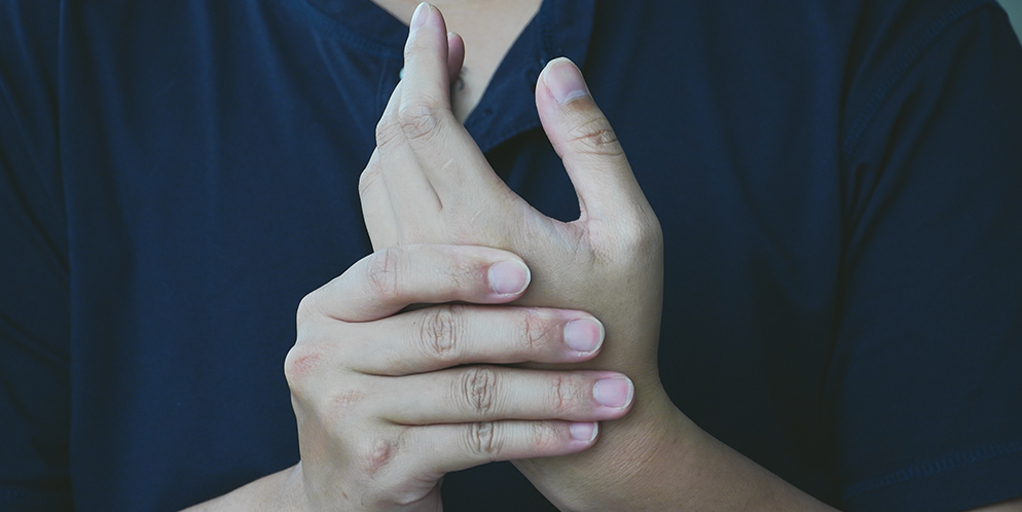Arthritis is a common condition causing joint pain, stiffness and reduced mobility. It affects millions of people worldwide and of all ages and commonly affects the hands, spine, knees and hips. But physiotherapy can help.
The two most common types of arthritis are osteoarthritis and rheumatoid arthritis.
Osteoarthritis
Osteoarthritis is the most common form of arthritis and usually develops in people in their mid-40s or older. It’s also more common in women. However, osteoarthritis can occur at any age as a result of an injury and can be linked with other joint-related conditions, including rheumatoid arthritis.
Osteoarthritis can cause loss of cartilage, a protective covering of the bony surfaces within the joint , which in many cases causes pain and discomfort. This can sometimes change the appearance of the joint.
Rheumatoid arthritis
Rheumatoid arthritis is less common than osteoarthritis and tends to affect people between the ages of 30 and 50 (though it does also affect women more than men). In rheumatoid arthritis, the body’s immune system targets joints, which can lead to pain and swelling and a change in the joint’s shape.
How do I know if I have arthritis?
You might have arthritis if you have joint pain, tenderness and stiffness, restricted movement, inflammation in and around your joints, red or warm skin over the joint or weakness or muscle wastage. However these pains are not always arthritic in their nature and can often be trivial causes.
What should I do if I think I have arthritis?
It’s important to seek expert advice if you think you might have arthritis or it’s more than a niggle. Physiotherapy has emerged as a crucial aspect of managing the symptoms and improving overall quality of life, with education, reassurance and exercise based rehabilitation.
Strength gains
One of the primary goals of physiotherapy in arthritis management is to enhance strength and flexibility – and contrary to popular belief, increasing muscle strength through targeted exercises can actually help alleviate pain.
Stronger muscles provide better support to the joints, reducing the burden on the affected areas. A physiotherapist will work closely with you to design customised exercise programmes that gradually build strength and improve joint stability.






